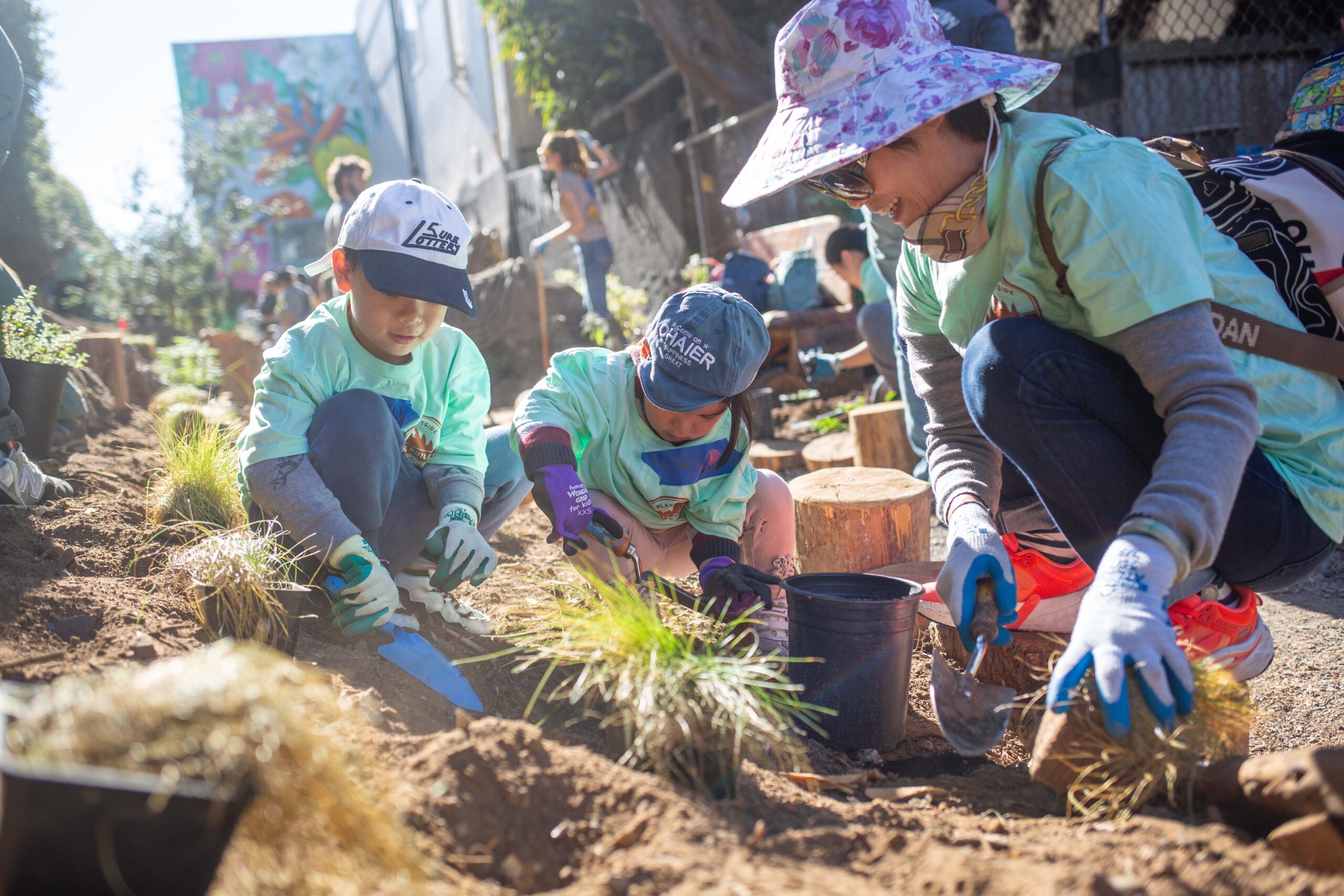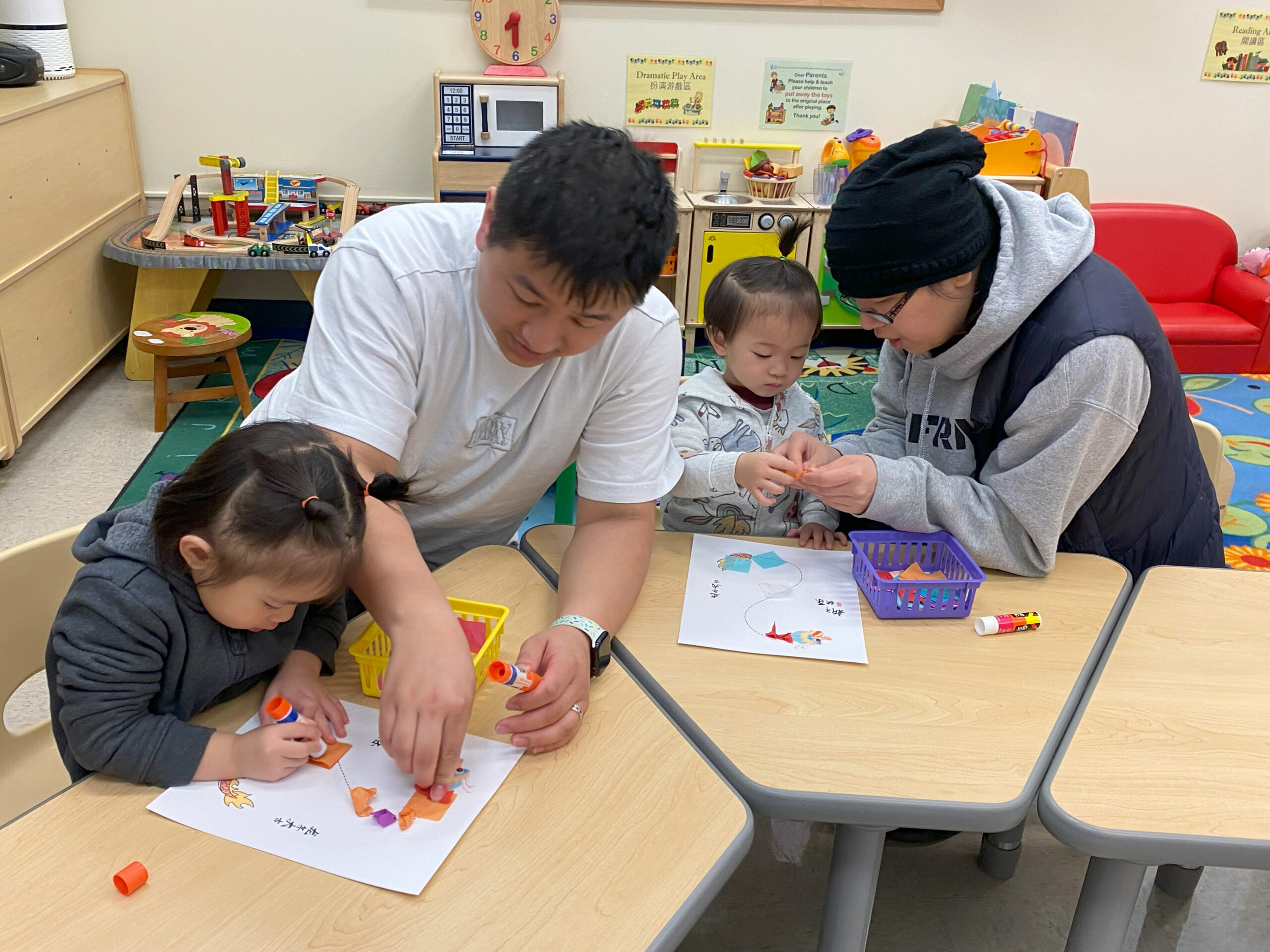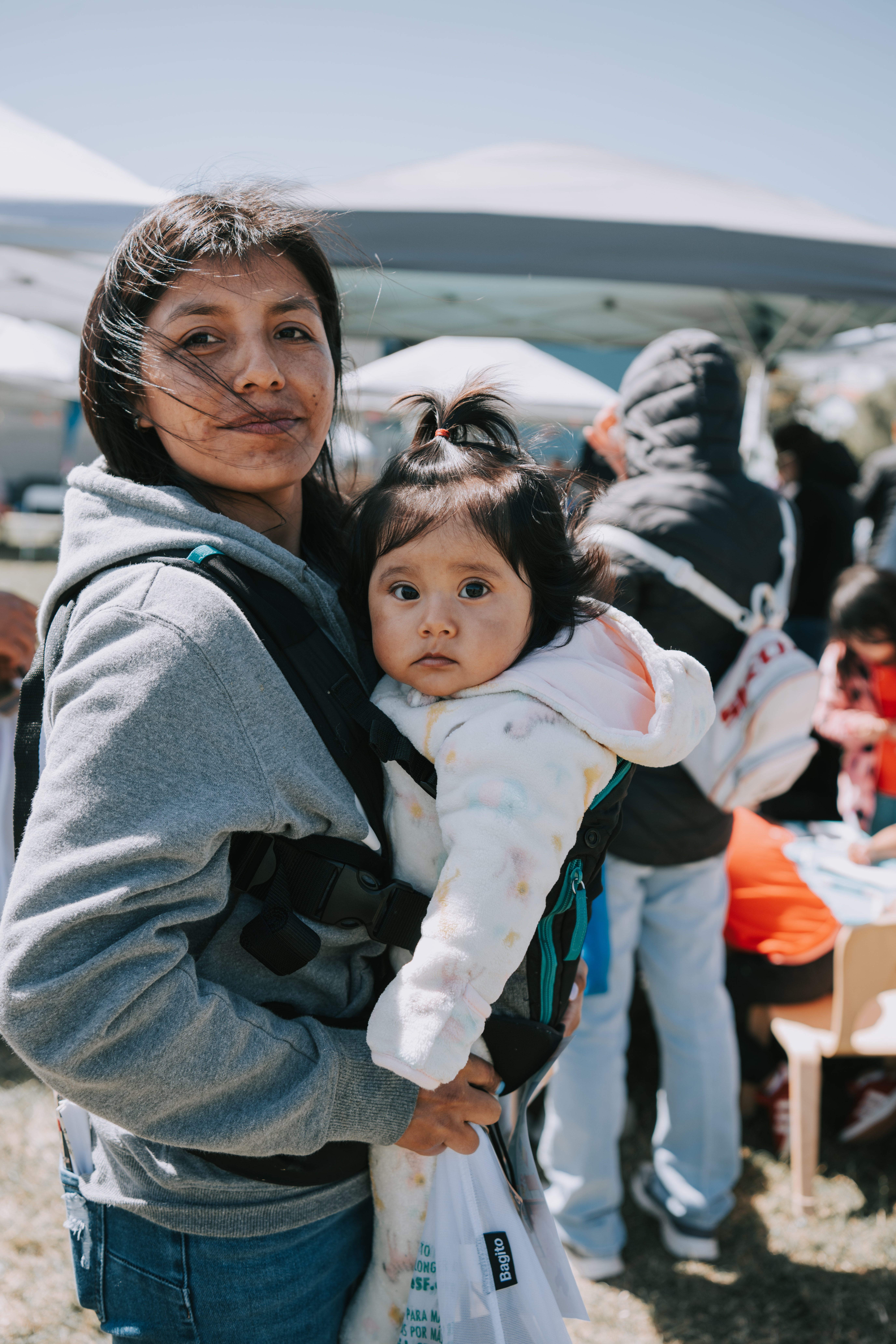Advocacy & Policy
The Family Services Alliance (FSA) uses its collective voice to advocate at the local, state, and national levels on issues that affect children and families and the organizations that support them.
Throughout the year, many opportunities arise for members, communities, and families to lift up their collective voices to educate and activate policymakers on what children and families need to thrive. Current opportunities to take action with FSA:

Contact Policymakers
- Find your House representative in the United States House of Representatives
- Find your House representative’s Washington D.C. phone number
- Find your state representative in the California State Legislature
- Find your district supervisor in the San Francisco Board of Supervisors
Make your Voice Heard at a Meeting or Event
The San Francisco Board of Supervisors (SFBOS) holds regular public meetings where residents can voice their opinions on local issues. By attending and speaking during public comment periods, you can share how FRCs have positively impacted your family, highlight the crucial services they provide, and emphasize the need for continued support and funding.
Participate in a Letter Writing Campaign
FSA runs regular letter writing campaigns to advocate for family support organizations and at various levels of government. Check back soon for upcoming letter writing opportunities aligned with FSA’s advocacy and policy platform.
On an annual basis, FSA adopts a Policy Platform to guide and define its advocacy and lobbying efforts.
The FSA’s Policy Platform approved for 2024
FSA may lead efforts to pursue issues and policies that:
-
Build the community safety net for families through efforts to increase capacity, sustainability, and high-quality services of community-based, family support organizations.
-
Enhance the community support network for families and their children through increased collaboration and coordination of community-based and public agencies, alignment of systems, and furtherance of the two-generation approach.
Furthermore, FSA may support efforts to pursue issues and policies that:
-
Reduce poverty and improve economic stability, prioritizing basic needs for children and families.
-
Enhance access to healthcare and improve mental, emotional, and physical health.
-
Improve school readiness and access to opportunities to address educational inequities.
Criteria for Annual Policy Platform
-
Aligns with FSA’s mission and values and promotes the well-being of San Francisco’s families and children living in vulnerable circumstances.
-
Embeds a commitment to equity and anti-racism.
-
Reflects input received from FSA members, their teams, and families.


Increase of Sustainability and Capacity for Family Support
FSA has engaged in local and state budget advocacy for family support organizations and has seen:
- $17.5 million in additional city funding for FRCs since 2020.
- Several millions of dollars of proposed budget cuts to FRCs restored.
- More than $700,000 secured for FRCs through state funding.
- Agreement of San Francisco’s Department of Early Childhood and the Department of Public Health to work with FRCs to obtain federal funding (of several hundreds of thousands of dollars annually) for conducting administrative activities that support the Medicaid program through Medicaid Administrative Claiming.
- 3.75% Cost-of-Doing Business increase on nonprofit general fund contracts and an additional 1% increase on health and homelessness contracts. These increases are essential for nonprofit sustainability and a robust community pathway and help enable family support organizations to adapt to the ever-rising costs associated with delivering critical services.
Enhance Collaboration and Coordination of Child- and Family-Serving Agencies to Improve the Community Safety Net
The FSA and various member organizations have helped to increase collaboration of agencies that support children and families so that families are better able to access the services and supports they need. This has included:
- Active participation in San Francisco’s development of its Comprehensive Prevention Plan through the Family First Prevention Services Act initiative. There are eleven family support organizations involved in the initial phase of the Plan’s execution.
- Implementation of five projects to link family support organizations with pediatric healthcare agencies or early childhood education programs and related MOUs, policies, and protocols to ensure that children and families are better connected to the resources they need in the places where they are.
- Development of an MOU with the Children’s Council to create a more seamless connection to childcare and early childhood education for families by using a single agreed-upon intake form for “high priority” referrals.
Support Efforts to Alleviate Impact of Poverty on Children and Families
Over the past few years, we have partnered to engage in efforts to support childcare needs of families and respond to racial bias and overreporting of families–living in poverty–to child welfare. We have been a part of:
-
Maintenance of millions of dollars in Baby Prop. C funds for childcare and early childhood education rather than diversion to programs unrelated to 0-5 children and their families.
-
Successful legislation, implementation of legislation, and other efforts to reform California’s Mandated Reporting system–particularly for families experiencing poverty–so that families can remain safely together with the resources and supports they need to thrive. This has included:
- Advocacy for and drafting of AB 2085 (Holden) (signed 9/29/2022), modifying the definition of reportable general neglect by clarifying that “economic disadvantage” is not general neglect and that a child must be at “substantial risk” of suffering serious physical harm or illness.
- Suggested revisions to all-County Letter for child welfare agencies in all California counties on implementing AB 2085.
- The formation of and participation, as the Family Resource Center representative, in the state Mandated Reporting to Community Supporting Task Force, which issued a report and developed a set of recommendations to reform mandated reporting.
- Advocacy for and drafting of AB 2085 (Holden) (signed 9/29/2022), modifying the definition of reportable general neglect by clarifying that “economic disadvantage” is not general neglect and that a child must be at “substantial risk” of suffering serious physical harm or illness.
